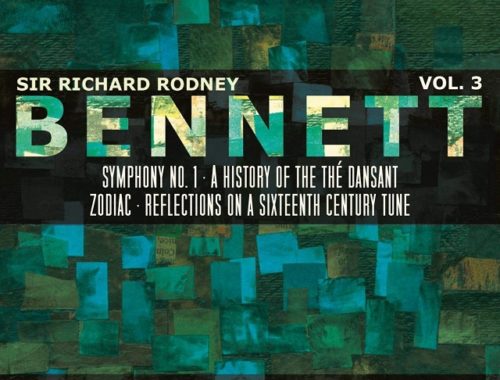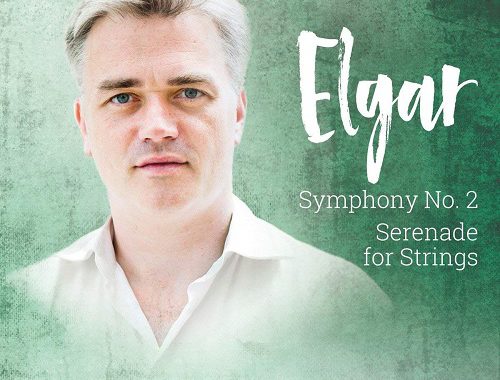Happy Days, Young Vic
 “Happy Days”. It’s a throw-away phrase, an all-purpose “we’re still here” pleasantry, a little more specific than “cheers” and perhaps a bit (some would say a lot) more hopeful. Samuel Beckett’s devastating play turns it into a euphemism or, if you prefer, a loaded metaphor for human kind’s extraordinary ability to fain contentment in the face of unmitigated disaster. The play’s intrepid heroine Winnie – the astonishing Juliet Stevenson – thoroughly exhausts that well-worn figure of speech “can’t complain” repeating it like a mantra while buried – in Natalie Abrahami’s unflinching production at the Young Vic – on a vertiginous cliff face (startling Vicki Mortimer design). Daylight is switched on and off, a sporadic and deafening alarm bell drills into our collective subconscious dictating Winnie’s waking and sleeping whilst perhaps begging the eternal question “ask not for whom the bell tolls” as the dying of her “happy days” grows ever closer.
“Happy Days”. It’s a throw-away phrase, an all-purpose “we’re still here” pleasantry, a little more specific than “cheers” and perhaps a bit (some would say a lot) more hopeful. Samuel Beckett’s devastating play turns it into a euphemism or, if you prefer, a loaded metaphor for human kind’s extraordinary ability to fain contentment in the face of unmitigated disaster. The play’s intrepid heroine Winnie – the astonishing Juliet Stevenson – thoroughly exhausts that well-worn figure of speech “can’t complain” repeating it like a mantra while buried – in Natalie Abrahami’s unflinching production at the Young Vic – on a vertiginous cliff face (startling Vicki Mortimer design). Daylight is switched on and off, a sporadic and deafening alarm bell drills into our collective subconscious dictating Winnie’s waking and sleeping whilst perhaps begging the eternal question “ask not for whom the bell tolls” as the dying of her “happy days” grows ever closer.
Winnie is alone, in the sense that we are all essentially alone, but her life partner Willie (David Beames) is nearby frying in the midday sun or struggling in and out of a hole of his own making. He is so near and yet so far from her, etched on her conscious memories but oblivious to her despair and hopelessness and even panic. She gets on with her day, finding refuge in mundane routines, he gets on with his, lost in his newspaper, avoiding the sun (symbol of true enlightenment?), and deaf to the entreaties of the woman he chose to make his. The only emotional connection between the two comes with a musical box gently tinkling Winnie’s “song” – the Merry Widow Waltz (could there have been a more poignant or emotive choice?) – and when she in due course opens the box and Willie begins to sing along, the joy of mutual recognition is enough to break your heart. Happy days, indeed.
Like all Beckett’s plays one asks logical questions only to be denied logical answers. Winnie’s response to her plight is to be found and witnessed in her routines – and a smattering of enlightening lines of Shakespeare, Milton and the like keep body and soul together. But her plight – the trials and tribulations arising from all the crap life throws at us – is, for all Beckett’s stylisation, real and inescapable. And perhaps the most remarkable thing about Stevenson’s triumphant performance is the way in which she vocalises – in an enormous range of colours – all the disappointment and misery whilst keeping the surface so leavened with humour that we chuckle in spite of ourselves.
Of course, we shouldn’t be there at all, should we? It’s a terrible violation of Winnie’s isolation and heartache – and when, in act two, the earth has risen to her chin and she can no longer dip into her “big black bag” to retrieve the pathetic trappings of her survival, it becomes difficult, indeed almost intolerable, to bear witness (in the brutal unforgiving “sunlight” of Paule Constable’s lighting) to her helplessness and humiliation, to look on and do nothing. But that is Beckett’s breathtaking conceit. The gun which so surprised us in the first half – an unlikely addition to her handbag contents and the one “way out” of her ongoing predicament – is never used, of course, though there is a “now or never” moment where she might; but in the second half it sits out of reach but not out of sight as she stoically but so cruelly awaits the twilight’s last gleaming. She is rewarded, one feels, by Willie’s determined struggle to reach her before the last bell sounds – and though she can no longer take the hand that belatedly reaches out to her, and though that precious physical contact is denied her in her final (?) moments, there is some comfort for us as we applaud (something Beckett deplored and made impossible for the actors to acknowledge in this instance) and then walk away from the bleakest of scenes. Earth to earth, ashes to ashes, dust to dust. We came not to bury Winnie but in our indifference we did.




One Comment
David Nice
Was there ever a greater or richer role written for a woman – La Ashcroft called it the female Hamlet – and did even Billie Whitelaw excel Juliet Stevenson in it? You’re so right, our presence is an intrusion, and it’s even hard to think of ‘great performance’, so real does it all feel. This is surely one to be livescreened around the world.